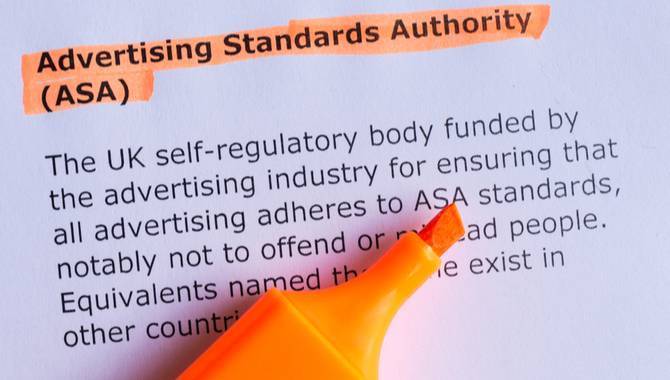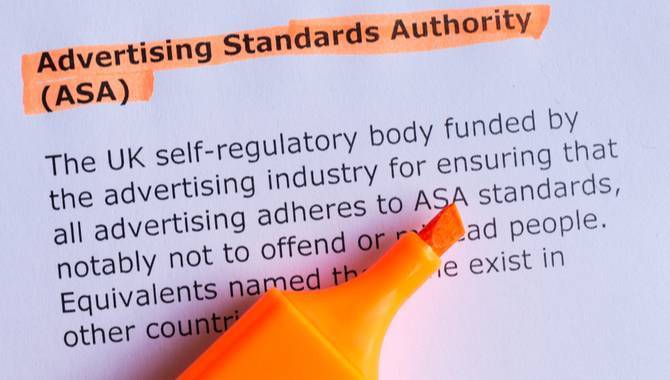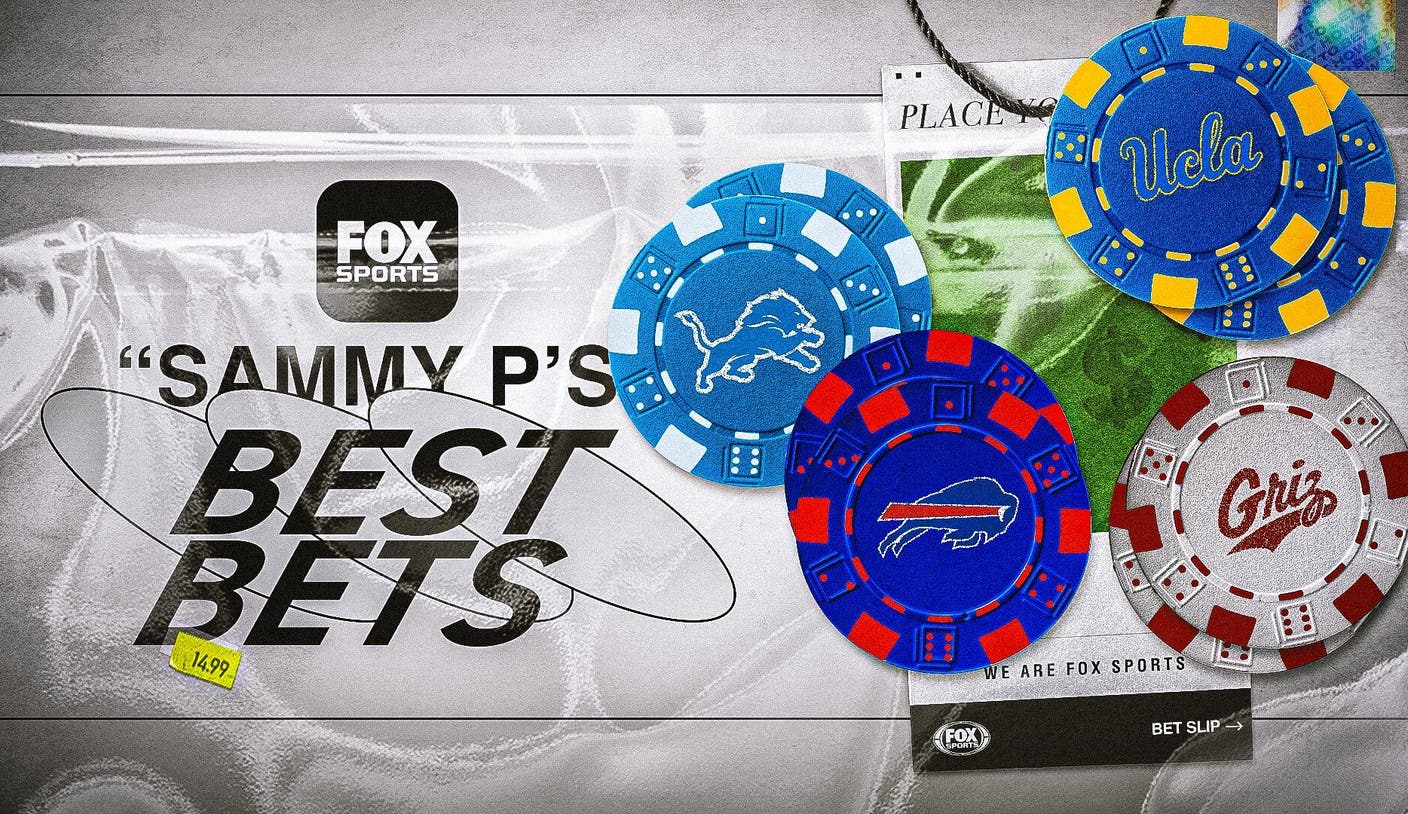
William Hill tweeted a picture of English Premier League club Tottenham Hotspur’s starting-line up for a Uefa Champions League match against Borussia Dortmund on 5 March, which included players Harry Winks and Davinson Sanchez.
The Advertising Standards Authority (ASA) challenged the ad, as it breached regulations, promoting players under the age of 25.
Under the new guidelines which came in on 1 April, operators may not use sportspeople or celebrities who may appear to be under the age of 25.
Tottenham and William Hill responded by saying the players’ images were used because they were in the starting line-up.
The ASA ruled the ad must not appear again in the form complained of, as it was offering an opportunity to place a bet on the match.
Paddy Power’s Paddy Power Rewards ad, featuring Rhodri Giggs, brother of former Manchester United player Ryan Giggs, has been banned from being shown in the form complained of for suggesting gambling could lead to an individual achieving financial security, as well as boosting self-esteem.
Five people complained about two scenes in particular, which showed Rhodri Giggs asking for champagne and driving an expensive sports car. These scenes supposedly suggested gambling was a way of achieving a better lifestyle.
The ASA said: “The ad implied viewers should follow his example, and that their route to doing so was joining Paddy Power’s Rewards Club. For that reason, we considered the ad implied gambling was a way to achieve financial security and improved self-image, and we concluded the ad was irresponsible.”
Paddy Power responded, stating: “There was no suggestion in the ad that people should gamble either a huge amount or in any way irresponsibly. No stake was mentioned to get into the Rewards Club, and no money was mentioned at all.”
Separately, a banner ad for Monopoly Casino on the Mirror’s online website cannot be shown again in the form complained of.
One person complained that using the image of the character, Mr Monopoly, was irresponsible.
The ASA said: “We considered that Monopoly was a family game generally played by or with children, and that under-18s would therefore recognise and find the ad’s references to it appealing.”



